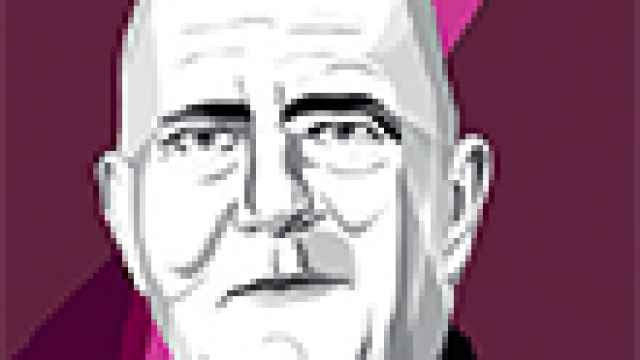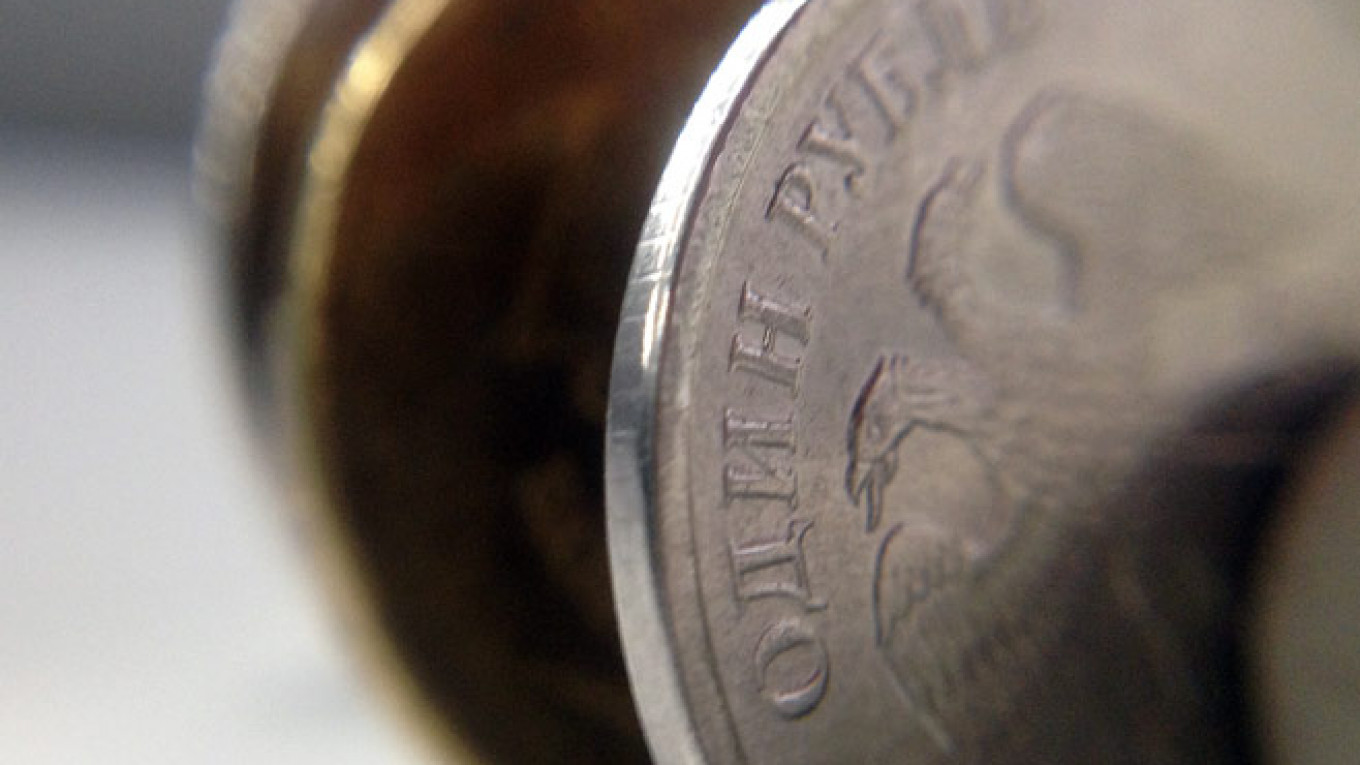 Martin Gilman
Martin GilmanA year ago it seemed that the Russian economy was in free-fall. One rating agency, when downgrading Russian credit early last January, cited a significant deterioration in the economic outlook, the continued impact of western sanctions, plunging oil prices, shocks to the banking sector (from the ruble depreciation, market volatility and drastic hikes in policy rates) as some of the main reasons.
The turmoil in Russian markets toward the end of last year came on top of a period where most of the main macro-economic indicators were already a source of growing concern. As the International Monetary Fund noted last summer, Russia already entered 2014 with declining potential growth owing to the stabilization of oil prices, stalled structural reforms, weak investment, declining total factor productivity and adverse population dynamics. In addition, the ongoing slowdown was exacerbated by the dual external shocks from the sharp decline in oil prices and sanctions.
With Chinese demand withering and US shale producers coming on stream, OPEC became increasingly an irrelevant sideshow. In these circumstances, the seemingly irreversible softening in oil prices led to severe pressure on the ruble, a surge in inflation, market turbulence, and concerns over financial stability. In response, the authorities accelerated their long-anticipated move to a floating exchange rate in November 2014, thus protecting both the budget and foreign exchange reserves. As the ruble dropped, inflation accelerated and hit double digits on an annual basis starting in December 2014.
The accelerating decline in world oil prices and the steady strengthening of the US dollar in the second half of 2015 have imposed a double whammy on the Russian economy. In retrospect, the forecasts of a year ago now appear to have been far too optimistic with respect to both of these parameters over which Russia has no control. Real income has declined along with productive investment. In the climate of uncertainty prevailing this year, not to mention geo-political concerns, neither consumers nor enterprises were anxious to spend. Bank borrowing has reflected this relative abstention.
As a consequence, real GDP is now expected to decline by 3-4 percent driven by a contraction in domestic demand weighed down by falling real wages, high interest rates, and weakened confidence. With the underlying determinants so much worse than foreseen earlier in 2015, it says something about the resilience of the economy that the expected outturn is not even worse. For technical reasons, there is a reasonable chance that the poor results for this year may be revised upwards.
Like the rest of the world, there is nothing that Russia can do about the surging value of the US dollar. From 52 rubles to a dollar a year ago, the exchange rate now stands at 71 rubles, a depreciation of 27 percent. Russia is not alone. Even the Euro has depreciated by about 11 percent. By allowing the ruble rate to adjust, the Central Bank has been able to maintain its foreign exchange reserves, limiting the drop to 4 percent.
But what about next year? Many observers consider that the economic situation will continue to unravel.
There has been considerable hand-wringing about Russian economic prospects. This is no surprise as the oil price this week hovers around its lowest point in 11 years, or just over $34 per barrel. No doubt the prices of Russian assets reflect a significant risk premium to compensate for a potential crisis situation on the back of further drop in oil prices, geo-political confrontations, on-going sanctions (and the associated limited access to markets, banking sector stress, and corporate default concerns), and deeper economic stress — since all of these risks are biased to the downside in the near term. And, in the longer term, there are of course additional concerns such as the rule of law, the protection of property rights and the general legal framework, which are clearly not among Russia's competitive advantages.
This may be too pessimistic. Modest growth should resume in 2016. However, the recovery is likely to be modest as the limiting factors behind decelerating potential growth will take time to be addressed, leading to medium-term growth of 1-2 percent per year.
Unfortunately, despite all the talk about economic diversification, the years of high oil prices discouraged the galvanization of political will to pursue tough structural reforms to improve the investment climate. A long period of oil prices below $ 40 per barrel might just be the trigger to induce piece-meal structural changes as foreshadowed in President Putin's annual address to the Federal Assembly earlier this month.
It could also be that the pervasive sense of pessimism has been overdone. When we start back to work after the New Year's holidays, we should not be too surprised by the headlines reporting the welcome drop in inflation back into single digits (largely because of base effects, but real nevertheless). And barring a geo-political disruption, the CBR will be able to proceed rapidly to cut its benchmark discount rate starting in the first quarter of 2016.
That said, medium-term prospects remain highly uncertain. The external environment is not benign: there are just too many accidents waiting to happen in economic and financial terms, whether in the Eurozone, the Middle East, China, or Japan. And more fundamentally, if Russian policy-makers cannot summon the political will to promote a thriving private sector, then productive investment as the critical driver of long term sustainable growth will not materialize.
Martin Gilman is a former senior representative of the International Monetary Fund in Russia and a professor at the Higher School of Economics.
A Message from The Moscow Times:
Dear readers,
We are facing unprecedented challenges. Russia's Prosecutor General's Office has designated The Moscow Times as an "undesirable" organization, criminalizing our work and putting our staff at risk of prosecution. This follows our earlier unjust labeling as a "foreign agent."
These actions are direct attempts to silence independent journalism in Russia. The authorities claim our work "discredits the decisions of the Russian leadership." We see things differently: we strive to provide accurate, unbiased reporting on Russia.
We, the journalists of The Moscow Times, refuse to be silenced. But to continue our work, we need your help.
Your support, no matter how small, makes a world of difference. If you can, please support us monthly starting from just $2. It's quick to set up, and every contribution makes a significant impact.
By supporting The Moscow Times, you're defending open, independent journalism in the face of repression. Thank you for standing with us.
Remind me later.


